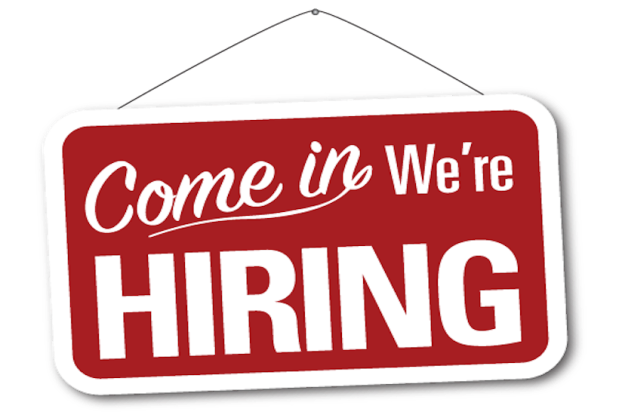Slow economic growth and sluggish wages seem to be the new normal in Australia. This is not good enough, and businesses and workers should demand more.
In its recent Statement on Monetary Policy, the Reserve Bank of Australia noted that the outlook for the Australian economy remains “largely unchanged from three months ago”. This is despite income tax cuts, infrastructure spending, and the lively resurgence of the Sydney and Melbourne property markets since the election.
The statement goes on to note that the poor economic performance in this country is “in the context of a global economy that has slowed”.
Yes, the global economy is slowing, but we do not have to accept this lying down. Policymakers have plenty of options to revive economic growth and boost the living standards of all Australians.
Unlocking greater levels of investment is one key option. When businesses invest in themselves and in their workers, we see real and sustainable economic growth.
Currently, onerous red tape and the highest minimum wage in the world, along with a plethora of taxes make it difficult for businesses to operate in this country.
These barriers disproportionately affect small businesses, where the owner often has to manage not only the day-to-day running of the company but also their employment, tax and other legal obligations. Big businesses, on the other hand, have entire departments to deal with these issues.
By making it easier for businesses to operate and reducing their tax burdens, governments unlock the investment that creates jobs and increases wages.
One of the most obvious, and pernicious, financial barriers to investment in Australia is the payroll tax.
Taxes are broadly used as a way of discouraging certain behaviour. This is why they are excessively applied to alcohol and tobacco.
Payroll tax discourages employment. Reducing payroll taxes would be an enormous boon to wages and economic growth across the country.
With this in mind, the efforts of the West Australian Labor government should be celebrated. At the end of October, they announced a gradual increase in the payroll tax exemption, from $850,000 to $1 million annually, staged over two years.
While this does not go nearly far enough, the WA government should be encouraged for moving in the right direction.
When taxes are reduced, businesses invest more, employ more people, and increase wages. This was revealed in 2015 when AlphaBeta analysed the responses of 69,000 firms to business tax cuts.
It found that 49 per cent of the tax savings went straight into employing more people, paying them higher wages, and investing in other parts of the business. The businesses that received the tax cut created jobs 24 per cent faster than those that did not.
WA is likely to see a similar experience with these cuts, although they could go further. The cuts will mostly benefit employers with annual payrolls between $950,000 and $1.5 million.
For example, after the increased threshold comes into effect, a company paying $2.5 million in wages will have a payroll tax liability of just under $100,000. $2.5 million would employ 29 people on an average wage of $85,000. If the company didn’t have to pay $100,000, they could provide a pay increase of around $3,270 to each employee, a 3.9 per cent pay rise.
This isn’t a one-off either. The business could provide this increase annually with the money they saved on payroll tax. Alternatively, it could pay for new computers, a new employee, or it could allow prices to be reduced, benefiting customers.
In 2017-18, state governments collected around $25 billion in payroll taxes. This represents around 3 per cent of total wages (including superannuation contributions). Reducing this burden, even as marginally as in WA, will be a great benefit for workers.
Payroll tax thresholds should be increased to assist struggling firms and to support wage increases. The threshold should also be indexed to inflation to ensure that businesses can pay the same wages in real terms without being punished for their efforts.
Workers are frustrated with how slowly their wages have been growing in recent years, and rightly so. To encourage wage growth, governments should release their tight grip over businesses that strangles investment.
John Gray is executive director of the H.R. Nicholls Society.
Got something to add? Join the discussion and comment below.
Got something to add? Join the discussion and comment below.
Get 10 issues for just $10
Subscribe to The Spectator Australia today for the next 10 magazine issues, plus full online access, for just $10.


























Comments
Don't miss out
Join the conversation with other Spectator Australia readers. Subscribe to leave a comment.
SUBSCRIBEAlready a subscriber? Log in